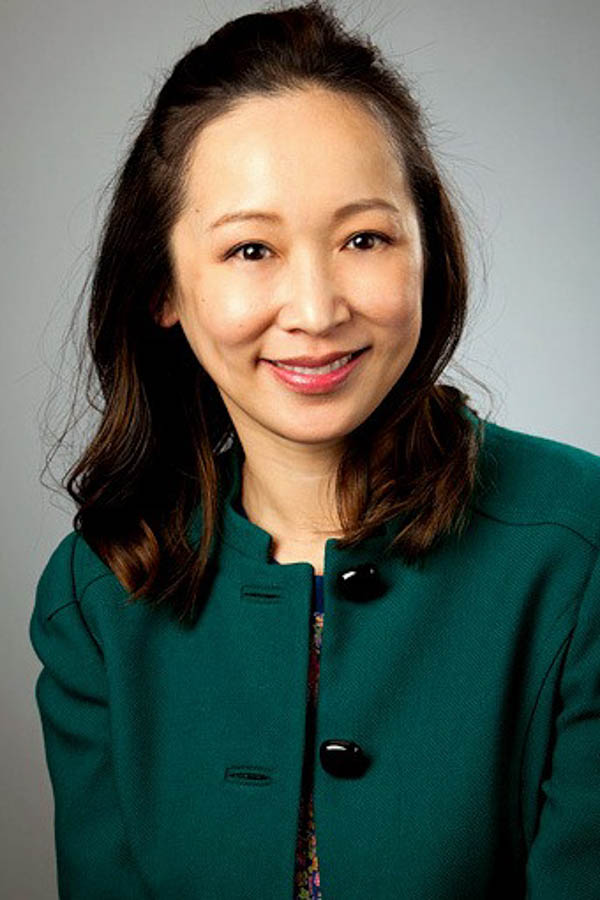
Research Expertise
- Auditing of fair value measurements
- Audit firm tone at the top
- Remote auditing and advance audit technologies
Education
- PhD, Business Administration, University of South Carolina
- MS, Accounting, Trinity University
- BS, Accounting and Finance, Trinity University
About
Yi-Jing Wu is the KPMG Accounting Professor at the Rawls College of Business at Texas
Tech University. Yi-Jing completed her two-year appointment as the director of academic
research at KPMG’s Global Solutions Group in June 2020. Before joining TTU, she was
a faculty at Case Western Reserve University. She received her PhD from the University
of South Carolina. Yi-Jing is a CPA (currently inactive) and worked at Ernst & Young
as an external auditor in Houston, TX.
She has served as an editorial board member of Auditing: A Journal of Practice & Theory.
Yi-Jing was also a member of the American Accounting Association Auditing Section’s
Auditing Standards Committee (2013-2016) and has contributed to several comment letters
from the committee related to regulators’ standard-setting initiatives, including
improving transparency through disclosure of engagement partners, auditing accounting
estimates and fair value measurements and using the work of specialists.
Her research focuses on judgment and decision-making of auditors, managers and investors
in the areas of accounting firm tone at the top, fair value measurements, auditors’
use of specialists, internal controls and remote auditing. Her research has been published
in The Accounting Review, Contemporary Accounting Research, Journal of Accounting
and Public Policy, Auditing: A Journal of Practice & Theory, Journal of Information
Systems, Behavioral Research in Accounting, Journal of Business Ethics, Issues in
Accounting Education and Current Issues in Auditing. Yi-Jing’s research has also garnered
attention from audit regulators and has been cited several times by the PCAOB as the
Board contemplates changes to existing auditing standards for public company audits.
Download Curriculum Vitae
Curriculum Vitae
Scholarly Literature
Google Scholar
Rawls College of Business
-
Address
Rawls College of Business, Box 42101, 703 Flint Avenue, Lubbock, TX 79409 -
Phone
806.742.3188 -
Email
ba_webmaster@ttu.edu
